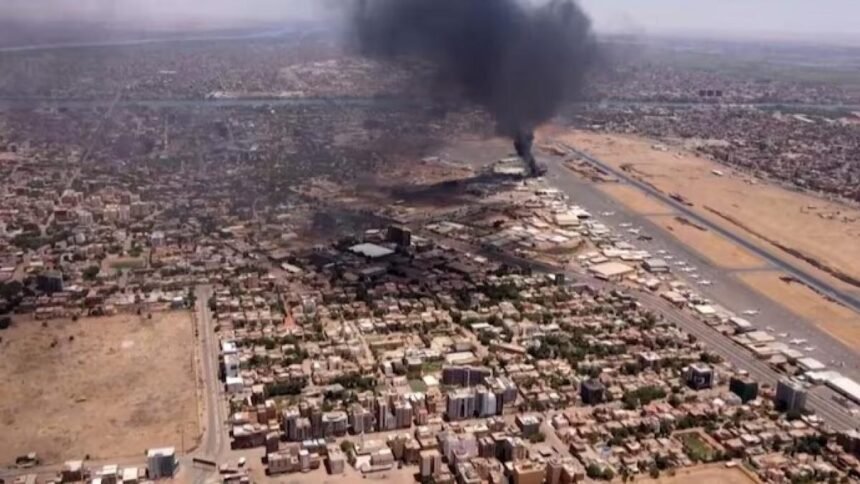The World Health Organization (WHO) has issued a warning of a “huge biological risk” in Sudan after fighters seized the National Public Health Laboratory in the capital Khartoum, which contains measles and cholera pathogens and other hazardous materials, according to a report from Reuters. Nima Saeed Abid, the WHO’s representative in Sudan, stated that technicians were unable to access the laboratory to secure the materials, which is a major concern.
The violence in Sudan has been ongoing for more than ten days, with clashes between the Sudanese army and a paramilitary group over a proposed timeline for handing over power to a civilian government. The WHO’s latest figures report that 459 people have been killed, and 4,072 injured, with hospitals and essential services paralyzed, leaving many stranded in their homes with dwindling supplies of food and water. The WHO has reported 14 attacks on health facilities since the clashes began and is relocating its staff to safety.
UN Secretary-General Antonio Guterres has also expressed concern about the conflict, warning that it could spread beyond Sudan and have catastrophic consequences. “The violence must stop. It risks a catastrophic conflagration within Sudan that could engulf the whole region and beyond,” he warned. Guterres has condemned the indiscriminate bombardment of civilian areas, including healthcare facilities, and called on the parties to cease combat operations in densely populated areas, allow humanitarian aid operations, and enable civilians to access essential supplies and evacuate from combat zones.
The war began in 2021 when a coup between Sudan’s military chief and his deputy on the ruling council erupted, destabilizing a plan for a civilian democracy following the downfall of the long-standing tyrant, Omar al-Bashir, in 2019. Elections were scheduled to take place before the end of 2023. The WHO’s concern over the biological risk posed by the seizure of the National Public Health Laboratory comes as a major setback in the ongoing conflict in Sudan.


